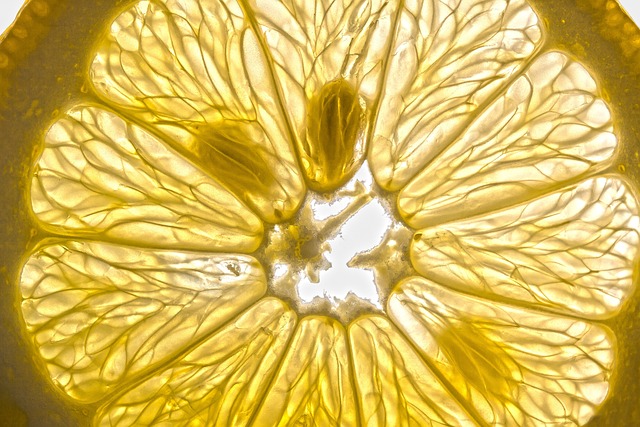Probiotics 101: A Comprehensive Guide to Understanding the Benefits
What are Probiotics?
Probiotics are live microorganisms that provide health benefits when consumed in adequate amounts. These beneficial bacteria and yeast can help restore the natural balance of your gut flora, which is important for maintaining good digestion and overall well-being.
While the word “bacteria” may sound undesirable, not all bacteria are harmful. In fact, our bodies are home to trillions of microbes, including both good and bad bacteria. Probiotics are considered to be the good bacteria that support various functions in our body, primarily in the digestive system.
The Benefits of Probiotics
Probiotics offer a range of health benefits, and their consumption has been linked to numerous positive outcomes. Here are some of the key benefits of incorporating probiotics into your diet:
- Improved Digestion: Probiotics help break down food, enhance nutrient absorption, and facilitate smooth bowel movements. They can alleviate common digestive issues such as bloating, constipation, and diarrhea.
- Boosted Immunity: A significant portion of our immune system resides in the gut. Probiotics support the growth of beneficial bacteria in the gut, which enhances the body’s natural defense mechanisms.
- Weight Management: Some studies suggest that certain strains of probiotics might help with weight loss and prevent obesity. They can influence food digestion, fat storage, and appetite control.
- Mental Health: Emerging research indicates a strong correlation between gut health and mental well-being. Probiotics may help improve symptoms of anxiety, depression, and stress.
- Improved Skin: Probiotics can contribute to a healthy complexion by reducing inflammation, promoting collagen production, and balancing the skin’s microbiota.
Keep in mind that the benefits of probiotics can vary depending on the specific strain and individual response. What works for one person may not have the same effects on another, so experimentation with different probiotic sources may be necessary.
Sources of Probiotics
Probiotics occur naturally in certain fermented foods and can also be taken as dietary supplements. Here are some common sources of probiotics:
- Yogurt: Yogurt is one of the most well-known probiotic-rich foods. Look for varieties labeled with “live and active cultures” to ensure the presence of beneficial bacteria.
- Kefir: Similar to yogurt, kefir is a fermented milk drink brimming with probiotics. It has a tangy taste and creamy texture.
- Sauerkraut: Made from fermented cabbage, sauerkraut is rich in probiotics and also contains a variety of vitamins and minerals.
- Kimchi: A traditional Korean side dish made from fermented vegetables, typically cabbage and radishes. Kimchi is not only a great probiotic source but also adds a spicy kick to meals.
- Tempeh: Originating from Indonesia, tempeh is a fermented soy product that offers a substantial amount of probiotics along with protein.
- Miso: A staple in Japanese cuisine, miso is a paste produced by fermenting soybeans with salt and koji culture. It is commonly used to make delicious miso soup.
It’s important to note that not all fermented foods contain live and active probiotics. Some commercially processed options may undergo pasteurization or have additional preservatives, which can kill beneficial bacteria.
Choosing the Right Probiotic Supplement
If you prefer taking probiotic supplements rather than relying solely on food sources, there are a few factors to consider when selecting the right one for you:
- Strain Diversity: Look for a probiotic with multiple strains to ensure a broader spectrum of benefits.
- CFU Count: CFU (colony-forming units) represent the number of viable cells in a







